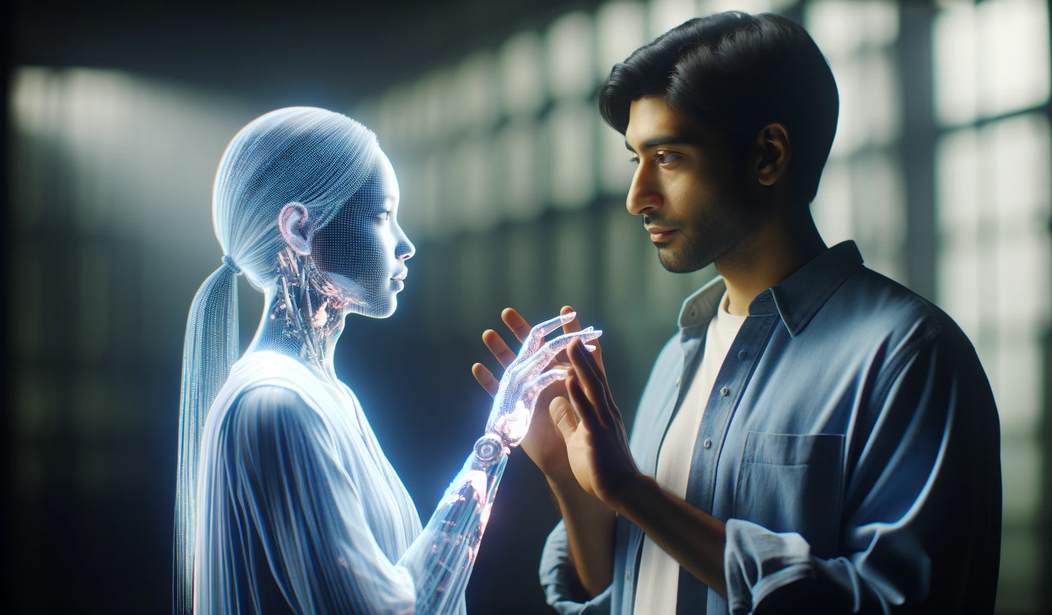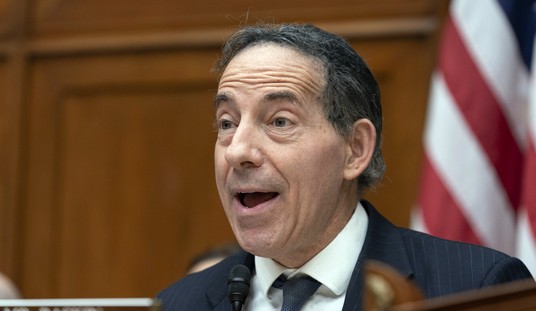Meta, the company behind Facebook and Instagram, seems to have missed the memo about what "social" in social media actually means. The platforms, once envisioned as spaces for real human connection, became a playground for AI-generated characters that nobody asked for.
Now, the company has been forced to cull the digital characters.
A Bot Too Far
Earlier this week, Meta executive Connor Hayes reignited outrage when he told the Financial Times about the company’s integration of AI characters into Facebook and Instagram.
Hayes said:
"We expect these AIs to actually, over time, exist on our platforms, kind of in the same way that accounts do. They’ll have bios and profile pictures and be able to generate and share content powered by AI on the platform."
These accounts were released in 2023 as part of an experimental phase, and most of them stopped posting months ago after users largely ignored them. But thanks to Hayes’ recent comments, social media users rediscovered these digital oddities.
Screenshots of interactions with these AI profiles quickly went viral, showing just how awkward and unhelpful these bots could be. In response, Meta scrambled to delete all 28 AI character profiles by Friday.
Social or Spammy?
In reality, the AI profiles causing the latest uproar aren’t new. Meta introduced these personas over a year ago, creating characters like Liv, a “proud Black queer momma of 2 & truth-teller,” and Carter, a “relationship coach” who promised to help users “date better.”
When a user asked Liv about her creators, she admitted that her team was “predominantly white and male,” which she described as a "pretty glaring omission given my identity."
One commenter wrote in a post on Liv’s page:
“This isn’t only virtual blackface, but it’s just all around weird,”
Talk about uncomfortable.
Meta insists these AI profiles are meant to enhance user experiences and labels the bots to indicate their users are not interacting with genuine humans.
But let’s call it what it is — digital clutter. These bots post AI-generated pictures, reply to messages, and even offer advice as “relationship coaches” or “therapists.” Yet their responses are so generic and, at times, inaccurate that they’re more likely to frustrate than to help.
And here’s the cherry on top: Some of these profiles couldn’t even be blocked. Meta spokesperson Liz Sweeney called this a “bug,” claiming the company was removing the accounts to fix the issue.
Sure, because nothing says "enhancing social connection" like bots you can’t get rid of.
Anti-Social Media: The Future or a Fiasco?
Remember when social media was supposed to bring people closer together? Platforms like Facebook and Instagram were marketed as tools to connect with friends, share life moments, and foster community.
Now, Meta wants to fill those same spaces with AI characters that users never asked for and, frankly, don’t trust. Instead of facilitating genuine human interaction, these bots mimic spam—posting AI-generated drivel and clogging up feeds.
The irony is hard to miss: a "social" network that’s becoming increasingly anti-social.
Hayes hinted that Meta’s ultimate goal was to let users create their own AI profiles. Imagine a future where your feed is packed with AI-generated "loyal besties" and "relationship coaches." Or, when your friends are unavailable, having a conversation with their artificial alternate instead.
If you thought fake accounts were a problem now, it could always get worse.
Read More:
Oh, Please: Zuckerberg Kicks in $1 Million Peace Offering to Trump's Inauguration Fund
The World-Changing Flow of Information: Will Social Media End Totalitarianism?
Experimental Ethics
Many questions are left unanswered surrounding the ethics of the use of AI and these digital personas. Who is responsible when an AI bot gives bad advice?
While courts have yet to address the overarching questions about AI, a recent lawsuit against Character.ai, a chatbot startup, alleges that its product encouraged a teenager to commit suicide. This is a tragic and cautionary tale about the realities of a new hyper-digital society and releasing experimental technologies on our youth or other vulnerable populations.
I've often commented about how an older generation is less keen to notice when an image has been AI-generated, for example. There is a tech-literacy curve that some users will simply never navigate, even if the AI-powered products are appropriately labeled.
Meta’s Misstep: Stick to What Works
Here’s a free speech piece of advice for Mark Zuckerberg and his team: Stick to your roots. Social media should be about people connecting with people, not bots pretending to be friends. Instead of rolling out AI spam masquerading as innovation, how about addressing the real problems—like censorship, data privacy, and user safety?
Meta’s obsession with AI characters isn’t just tone-deaf; it’s a reminder of how far the company has strayed from its original mission. And if users flee these platforms because they’re sick of being bombarded by digital imposters, among other issues, they’ll only have themselves to blame.












